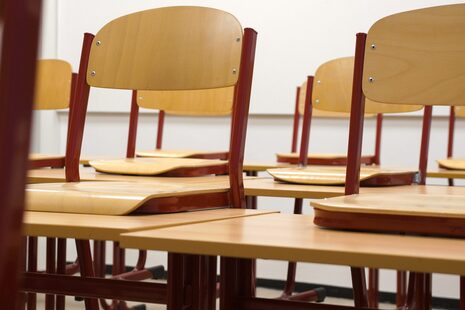Education in Germany, respectively in North Rhine-Westphalia
Germany is a federation consisting of 16 federal states, each with its own constitution, parliament and government. The powers of the state are divided up between government as a whole, the Federal Government and the federal states. The highest state authority is exercised by the federal government. Through the agency of the Bundesrat, the states are represented at the federal level and participate in federal legislation. Besides the federal states have independent, if limited government authority.
In Germany the Federal Länder are responsible for schooling. The school system differs from one Land to another, particularly with regard to the names given to the different kinds of secondary school. However, the education received by children and young people is similar throughout Germany.
This Education Counselling Service (Bildungsberatungsstelle) is responsible for the City of Bonn. Therefore the following information relates to Bonn, on the basis of the education legislation of the federal state of North-Rhine Westphalia.
Sometimes, it is difficult to find free living space in Bonn. This is why many people move to the surrounding area or district. If you will live outside of Bonn, other responsibilities arise.
Please note, that Bonn is bordered to the south by Rhineland-Palatinate. So if you will move to Rhineland-Palatinate, school-compulsory will be in Rhineland-Palatinate. Then your children do not have a legal claim to a school place in North Rhine-Westphalia.
Compulsory Education in NRW
Education in North Rhine-Westphalia
1. Primary education
2. First stage of Secondary Education
3. Secondary general schools in Bonn (Hauptschulen)
4. Intermediate secondary schools (Realschulen)
5. Grammar-schools; classical high schools (Gymnasien)
6. A new secondary school (Sekundarschule)
7. Comprehensive schools (Gesamtschulen)
Tuition language
German is the normal language of instruction and training at general education and vocational schools as well as institutions of higher education.
The exceptions in the school sector include e.g. certain privately-maintained schools (e.g. Bonn International School (opens in a new tab) – BIS).






